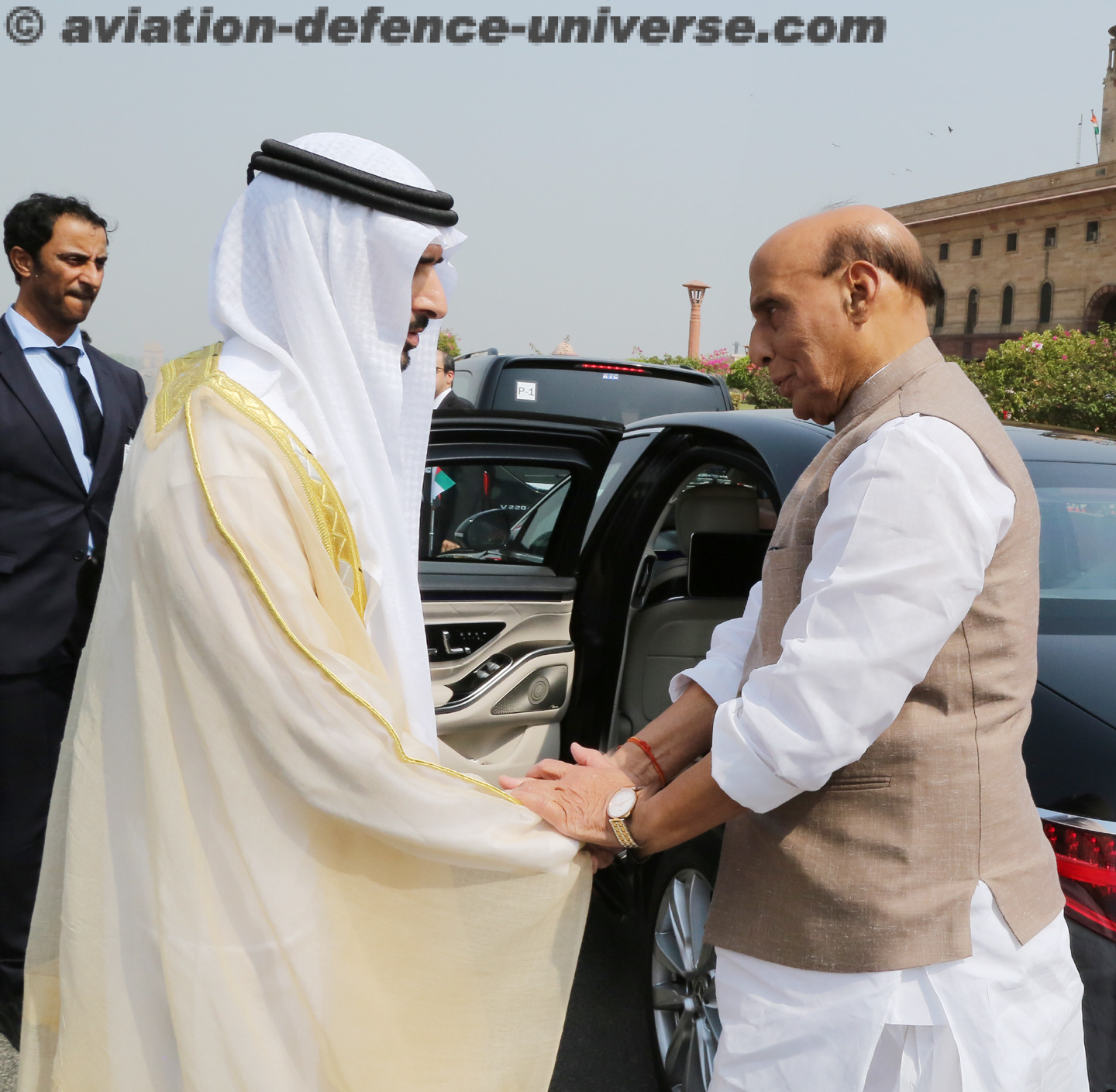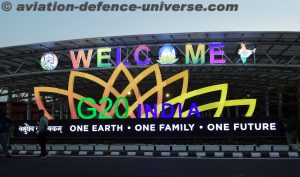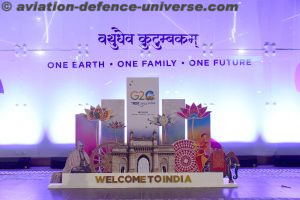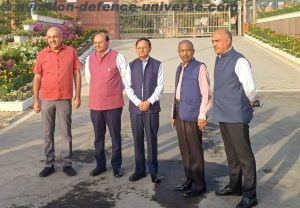- A number of other multi- institutional collaborations in academics and research welcomed in the US-India joint statement following bilateral meeting of the two leaders ahead of the G20 meeting
- Dharmendra Pradhan welcomes the collaborations, says they will promote India’s priority under G20 Education Working Group
- The Indo-US Global Challenges Institute will provide a platform for addressing strategic research programs that require interdisciplinary solutions in critical & emerging technologies
- The MoU was signed by AAU President Barbara Snyder, and Abhay Karandikar on behalf of IIT Council representing Indian universities
New Delhi. 10 September 2023. As the G-20 Summit gets underway, India-USA collaborations have deepened in the education sector. In a joint statement following a meeting between Prime Minister Narendra Modi and US President Joe Biden ahead of the G20 Summit, the two leaders have welcomed several multi-institutional collaborations between the two countries. In a groundbreaking initiative, IIT Council on behalf of all higher educational institutes in India entered into an MoU with the Association of American Universities (AAU) to establish and seek support for the Indo-US Global Challenges Institute. The intent to set up the institute had been announced in June this year, during the US visit of Prime Minister Modi.
The Institute will seek to address some of the most consequential economic, environmental, and technological challenges that have the potential to affect the security, prosperity, and stability of both countries. The Institute will be a virtual network of partner universities and provide a platform for addressing strategic research programs that require interdisciplinary solutions in critical & emerging technologies such as sustainable energy and agriculture, health & pandemic preparedness, semiconductor technology and manufacturing, advanced materials, telecommunications, artificial intelligence (AI), and quantum science. The joint Indo-US Global Challenges Institute Governing Council will develop an organizational framework to promote research collaborations, create knowledge sharing platforms, work towards resource mobilization, and ensure inclusive growth of research enterprise. The MoU was signed by Prof. Barbara Snyder, President of AAU and Prof. Abhay Karandikar on behalf of the IIT Council representing all higher educational institutes of India.
In another significant partnership, IIT Bombay has joined the Chicago Quantum Exchange as an international partner. This will give shape to a shared vision of a global quantum economy catalyzed by a bedrock of India-US cooperation.
Another collaborative institutional partnership has been formalized between the New York University Tandon School of Engineering, and the Indian Institute of Technology Kanpur to launch the New York University-Tandon and IIT Kanpur Advanced Research Center in critical and emerging technologies. Additionally, multi-institutional Joint Research Centers involving the State University of New York at Buffalo and IIT Delhi, Kanpur, Jodhpur, and BHU are also being setup in the areas of critical and emerging technologies.
A novel initiative of academia-startup partnership, under the India-U.S. Defence Acceleration Ecosystem (INDUS-X), was recently kicked-off through a Joint Accelerator Program workshop with Indian Startups and multiple higher educational institutes. This initiative aims to engage startups in developing innovative solutions to mutual defence technology challenges in India and USA.
Expressing satisfaction at the signing of these partnerships, Dharmendra Pradhan, Union Minister for Education and Skill Development and Entrepreneurship has said that this is a sign of the growing relationship between India and the United States in education, research and skill development. He said that these partnerships are also in consonance with the priority set by the G20 Education Working Group under the Indian presidency to enhance academic and research collaborations among G20 countries. Commending our institutions for their initiatives, the minister expressed confidence that groundbreaking work will emerge from these collaborations to address global challenges in critical and emerging technologies.



































































































































